As the year winds down and the days get darker, now is the perfect time to pick up a good book. Reading is great for your brain, and helps with relaxation and stress relief. With that in mind, the Advocate Staff got together and listed out our favorite books that we read this year.

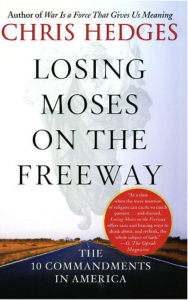
Joanna Rosinska: Losing Moses on the Freeway by Chris Hedges
Genre: Non-Fiction, Religious
Joanna says, “The book is about a personal journey of a student of the School of Divinity with a loving and accepting father, who also a minister, and his mission to help people, and a hope that, via religion, one dedicated human can do that. Brutal awakening in a dystopian society incited his change of course to become a writer/journalist/war correspondent for NYT reporting from Europe, Middle East and South America, and ultimately to become a Pulitzer Prize winner. The focus of his book, like many of his books, is the economic situation of “have-nots” and the national consequences of this economic prejudice.”
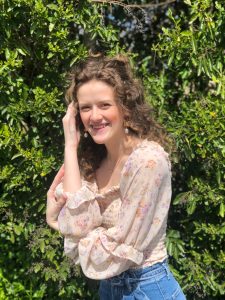
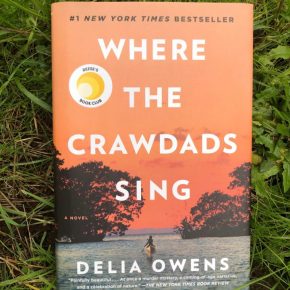
Cara Nixon: Where the Crawdads Sing by Delia Owens
Genre: Fiction
Cara says, “It’s adventure, romance, mystery, and suspense all wrapped into one. It captivated me from the very beginning, and the plot twist at the end left me spinning. I read it in one afternoon; that’s how good it was.”
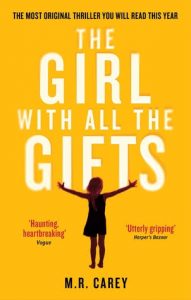 Sally Lehman: The Girl with All the Gifts by M.R. Carey
Sally Lehman: The Girl with All the Gifts by M.R. Carey 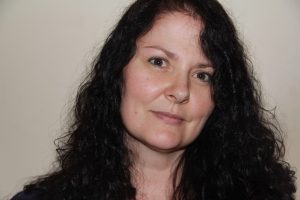
Genre: Science-Fiction
Sally says, “A zombie book set in England, this novel follows a girl who, like her fellow zombie children, can talk and think and learn and develop compassion. The Brits are studying the kids to find a cure, but things go up in smoke when their facility gets taken down by bad guys. The one girl – the one with all the gifts – makes it out with a contingency of adults who all want different things from her.”
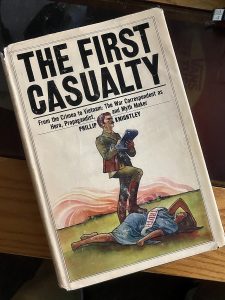 Cody Mann: The First Casualty by Phillip Knightley
Cody Mann: The First Casualty by Phillip Knightley 
Genre: Historical Crime
Cody says, “’The first casualty when war comes, is truth,’ said Sen. Hiram Johnson in 1917. This classic book tells the history of war correspondence and how the truth is among the most prominent victims of any conflict. Spanning from the Crimean War to Vietnam, Knightley provides a thoroughly researched and sourced account drawing on the work of reporters, photographers and videographers to expose what really happened on and off the battlefield, who lied and who told the truth, and who stopped the truth from being told”
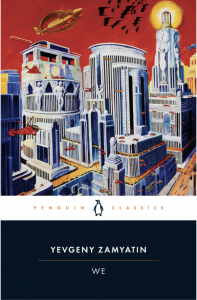 Gabriel Perry: We by Yevgeny Zamyatin
Gabriel Perry: We by Yevgeny Zamyatin
Genre: Dystopian Novel written in 1920
Gabriel says, “The philosophical and literary roadmap for George Orwell’s 1984, We described a future of government overreach and absolute corruption after decades of socialist policies took power from the poor and placed it into the hands of a chosen and wealthy elite. It’s a fantastic read and more relevant today than ever.”
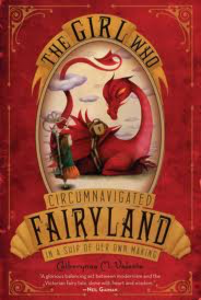 John Burt: The Girl Who Circumnavigated Fairyland in a Ship of Her Own
John Burt: The Girl Who Circumnavigated Fairyland in a Ship of Her Own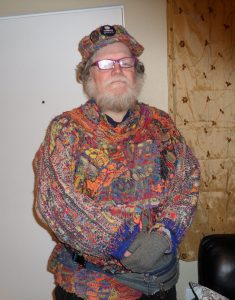 Making by Catherynne M. Valente
Making by Catherynne M. Valente
Genre: Fiction
John says, “September is an odd girl. September is a peculiar girl. September is quite possibly a queer girl, although she doesn’t show any sign of romantic interest in anyone, which at her age is for the best. More than anything, September is a Mostly Heartless girl, as children generally are at her age. This is why, when an opportunity to be carried off to Fairyland presents itself, she departs without a thought, until later, for how her mother will feel when she gets home from work building airplanes so that Fascism can be defeated and finds September is gone. Making a ship and circumnavigating Fairyland in it are the least of the things September is obliged to do as she travels through a Fairyland, which is a lot more like Wonderland than it is like Oz.”
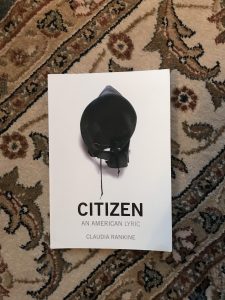 Ari Blatt: Citizen: An American Lyric by Claudia Rankine
Ari Blatt: Citizen: An American Lyric by Claudia Rankine 
Genre: Poetry
Ari says, “First published in 2014, this work remains urgently relevant to life in 2020. Rankine explores how racism plays out at every point along the spectrum between the everyday microaggressions that add up and the tragic killings that make headlines. Despite the enormity of the topic at hand, Citizen is accessible in part due to the remarkable ways it blends genre– the book includes prose, essays, poems, and images of others’ art. In utilizing these varying forms and through other mechanisms of craft, Rankine pulls the reader into and onto the page so that they might glean deeper insight into what it means to be black in America today.”
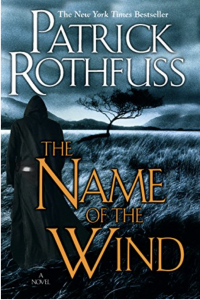 Hannah Ramsey: The Name of the Wind by Patrick Rothfuss
Hannah Ramsey: The Name of the Wind by Patrick Rothfuss 
Genre: Fantasy
Hannah says, “Narrated with captivating language, a man trying to live as an innkeeper details the first parts of his life to a scribe. Known as a hero among some and a legend to all, the innkeeper seeks to explain the truth among myth and the context surrounding all events. While some of the book is in third person, most of it is in first, masterfully dealing with life, death, and love in a high fantasy setting.”
 Steve Sc
Steve Sc hultz: Steps by Jerzy Kosinski
hultz: Steps by Jerzy Kosinski
Genre: Fiction
Steve says: “If the alienation and horror of the human condition could ever be photographed elegantly, that is what Kosinski has done with this collection of brutally well written short stories. Sex and violence are deployed allegorically, but feel palpably real throughout – as if to say that we are all capable of the unspeakable, so now the unspeakable will have clear voice. From another viewpoint, one can take this work, written in the first person, and sometimes autobiographical, as a peek into the interior life of a man that had lived the atrocities of World War II Europe firsthand. And, there is some value to that view, but in the end, I think that sense of this book is also overly reductive.”
By Kyra Young

